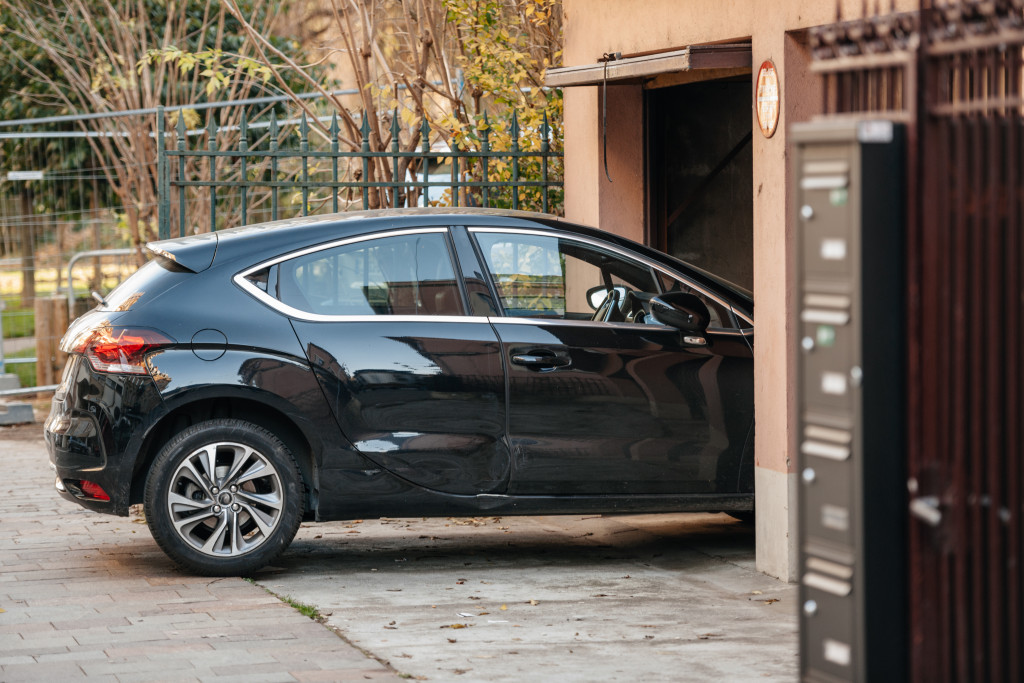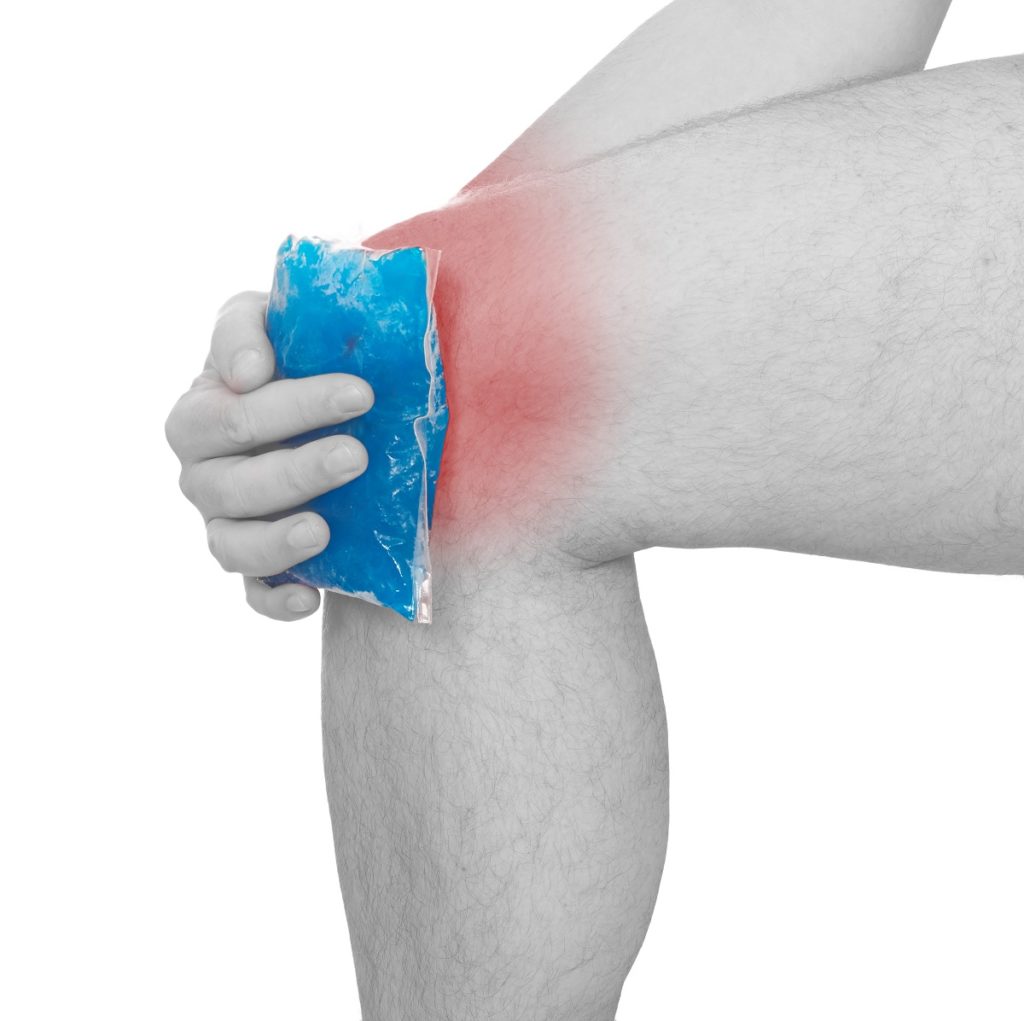Perhaps you’ve bought a new car and won’t be using your old one as much. Or maybe you have to leave your house for a long time and won’t be bringing your car. Whether you’re putting your car away for an extended time or will be using it very infrequently in the future, you will have to learn how to maintain it properly.
Like all things in the world, cars deteriorate when stored for a long time. Without proper storage and maintenance, you could end up with a dead battery or something much worse.
Thus, here’s what you need to do if you will be storing your car for a long time or using it on occasions far and few in between.
Keep it covered
If you don’t have space in your garage or don’t have a garage altogether, covering your car with a waterproof cover is a must. If you can keep it under patio awnings, that’s much better. Doing this will help keep your car clean and dry, as well as prevent bird droppings and debris from piling up on the surface.
But if you will be leaving your car unused for an extended amount of time, consider finding an affordable accommodation or a public storage facility.
Clean the interiors and exteriors
Even if you won’t be using it as much, you should keep your car clean to prevent dust from settling into the seats or bird droppings from damaging the paint. Give your car a good wash before putting it in storage. Adding a layer of wax to repel water from the exterior is also a good idea.
Check your tires

Tires lose air over time even when they are not in use and can end up with flat spots if the car is not moved for a long time. Check your tires at least once a week and roll the vehicle slightly to resituate them. If you can, raise the car from the floor with appropriate tools to remove weight off of the tires.
When it’s time to drive your car again, be sure to inspect the tires and have them re-inflated if necessary.
Keep the battery charged
A car that is left unused for more than a few weeks will eventually get a discharged battery. You can do this by driving the car for around 15 minutes at least once every two weeks. If you can’t attend to your car, arrange for someone to come and do it for you. Still not an option? You can use a trickle charger to keep the battery from discharging while not in use. Alternatively, you can simply disconnect the negative battery cable, although doing this will cause you to lose the settings in your car (time, stereo presets, etc.)
Apart from keeping the battery in good shape, driving your car periodically will help keep the engine parts lubricated and air quality from your AC fresh.
Fill up your gas tank
Topping up your gas will help reduce condensation inside the tank due to fluctuations in weather. When filling up your gas tank, take note of the date. Gasoline lasts about six months, while diesel can last up to a year. You will need to drain the fuel tank and lines when the fuel expires and top it up again.
If you are storing the car for a short period of time, it’s a good idea to add a fuel stabilizer to your tank before storage.
Keep pests away
Critters will see your car as a warm safe haven. There are a lot of entry points that rodents and insects can enter, and even more places where they can hide. Make sure you cover gaps where pests can enter, such as your air intake and exhaust pipe. Laying down mouse traps and rat poison is also a good idea, especially if you already suspect that there are pests in your garage.
Be active in pest-proofing your garage as well. Cover any gaps that pests might enter through, such as cracks in the walls or holes in the ceiling. Secure materials that might attract them to your garage, like fertilizer and dog food. Better yet, call in a pest control service to get rid of the problem before you put your car away for storage.
As you may have realized by now, a car can deteriorate with infrequent use. So to keep your car in good shape and ready to drive again after some time in storage, follow these tips when you expect to drive it less frequently or not at all in the following weeks or months.




